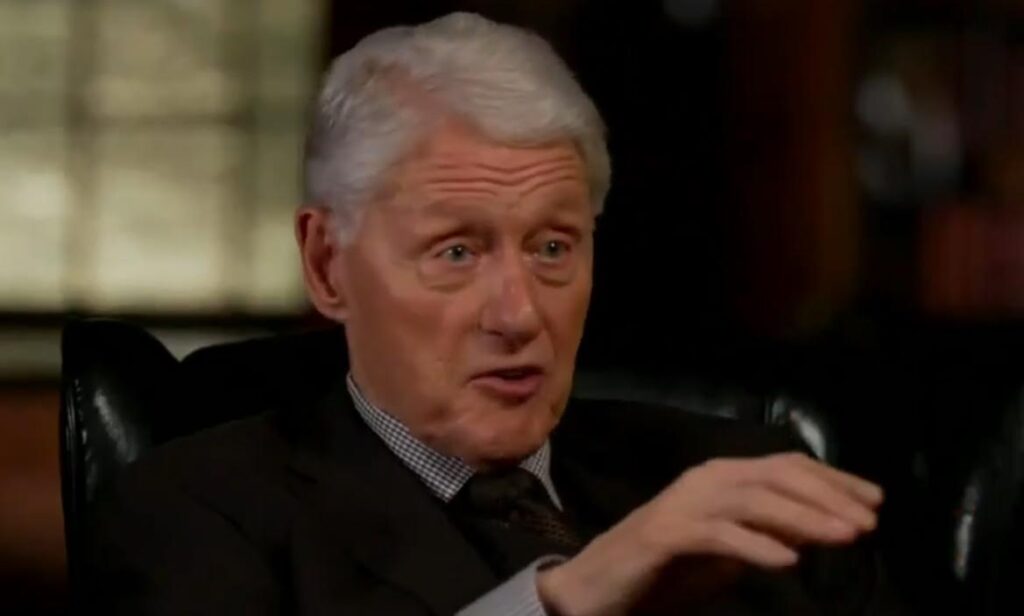In a recent interview on MSNBC with Jonathan Capehart, former President Bill Clinton criticized President Donald Trump’s Cabinet selections, which he announced shortly after securing a decisive victory against Kamala Harris in the 2024 election. Clinton expressed concerns about the implications of Trump’s choices, suggesting they reflect a significant departure from traditional governance practices. Within a record timeframe, Trump has assembled a Cabinet composed of individuals whose loyalties align closely with his “America First” agenda, a point that has drawn ire from various commentators within the so-called Democrat-media complex.
Following his election win, Trump’s Cabinet picks have been widely scrutinized, largely for their alignment and unwavering support for his policies. Notable selections include Marco Rubio as Secretary of State and Robert F. Kennedy Jr. as Secretary of Health and Human Services, among others. The pace and nature of these appointments have sparked debate regarding their implications for governance and the political landscape in the United States. Critics, including Clinton, argue that these individuals might lack the requisite independence and expertise needed to navigate complex national issues, thus raising concerns about the overall efficacy of the incoming administration.
During his critique, Clinton articulated a sense of alarm about Trump’s governing philosophy, stating that the president seems to surround himself with individuals who provide unconditional loyalty, regardless of circumstances or factual realities. This approach, Clinton claims, undermines the integrity of democratic institutions and erodes public trust in government. He posited that this pattern contributes to a growing disillusionment among the electorate, particularly among those who may feel that their voices and concerns are increasingly marginalized in the political process.
Additionally, Clinton’s remarks highlight a broader narrative concerning governance in the Trump era. By emphasizing loyalty over competence and expertise, Clinton suggests that Trump’s administration may favor political allegiance above the best interests of the nation. This perspective resonates with critics who argue that such an administration could lead to poor decision-making and a lack of accountability, especially in crucial areas like national security, public health, and foreign affairs. As he reflected on the political climate, Clinton’s warnings seemed prescient, echoing longstanding apprehensions among political observers regarding governance in the age of polarization.
Amid his criticisms, Clinton’s history and controversies, particularly his own tumultuous presidency and impeachment over the Monica Lewinsky scandal, have not gone unnoticed. Critics of Clinton have pointed to his past misdeeds as a compelling counterargument to his critiques of Trump, prompting discussions about the double standards that often pervade political discourse. This backdrop adds a layer of complexity to the current political landscape, where issues of ethics, loyalty, and governance are hotly debated, making any critique laden with its own historical contradictions.
Overall, Clinton’s criticisms serve as a reminder of the contentious nature of contemporary American politics, highlighting how power dynamics can influence both the selection of leadership and the governance approach taken by an administration. As Trump’s cabinet takes shape in the upcoming months, the potential ramifications of these selections will likely remain a focal point for both supporters and detractors alike, shaping not only the direction of policy but also the future of American democracy itself.

